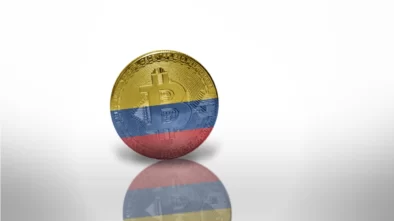To combat tax evasion, Colombia intends to introduce digital currency. The government of Colombia plans to launch a digital currency. One of the goals of this new currency is to prevent tax evasion and improve the traceability of citizen transactions. The proposed measure would limit cash transfers and transactions worth more than 10 million Colombian pesos ($2,400). Many countries are now trying to digitize part of their economy to better understand and control the flow of money in their economy. According to reports provided by Luis Carlos Reyes, head of Colombia’s DIAN tax service, the Colombian government plans to launch its own digital currency in the near future.
Reyes told local news agency Semana that it is one of President-elect Gustavo Pedro’s plans to combat tax evasion, which accounts for 6 to 8 percent of Colombia’s gross domestic product. In a note, Reiss said the digital currency aims to improve the tracking of these transactions so that merchants cannot avoid taxes by using cash as a payment method. Regarding the effectiveness of this measure, Reis estimated: This is equivalent to six to eight tax reforms in the country, which bring a maximum of 1% or 1.5% of GDP. However, Reyes did not reveal any specifics about the digital currency or how it will work with traditional payment systems in the country.
The introduction of digital currency will be accompanied by other measures being considered. One of these measures is the limitation of cash payment above a certain amount. That amount will be 10 million Colombian pesos, or about $2,400, Reyes confirmed. However, these changes could disrupt payment channels for Colombians. Although the use of cash for payment has decreased during the Covid-19 pandemic, cash is currently one of the main payment methods in Colombia. Data from the Central Bank of Colombia showed that the circulation of banknotes reached the highest level in the last 17 months. According to the Financial Monitor, Colombians still prefer cash as their main payment method for transportation (94%), groceries (80%), mobile phone top-ups (78%) and rent (77%).
Read more: Dogecoin (DOGE) Has Been Increasing This Month Despite the Failure of the Twitter-Musk Deal









